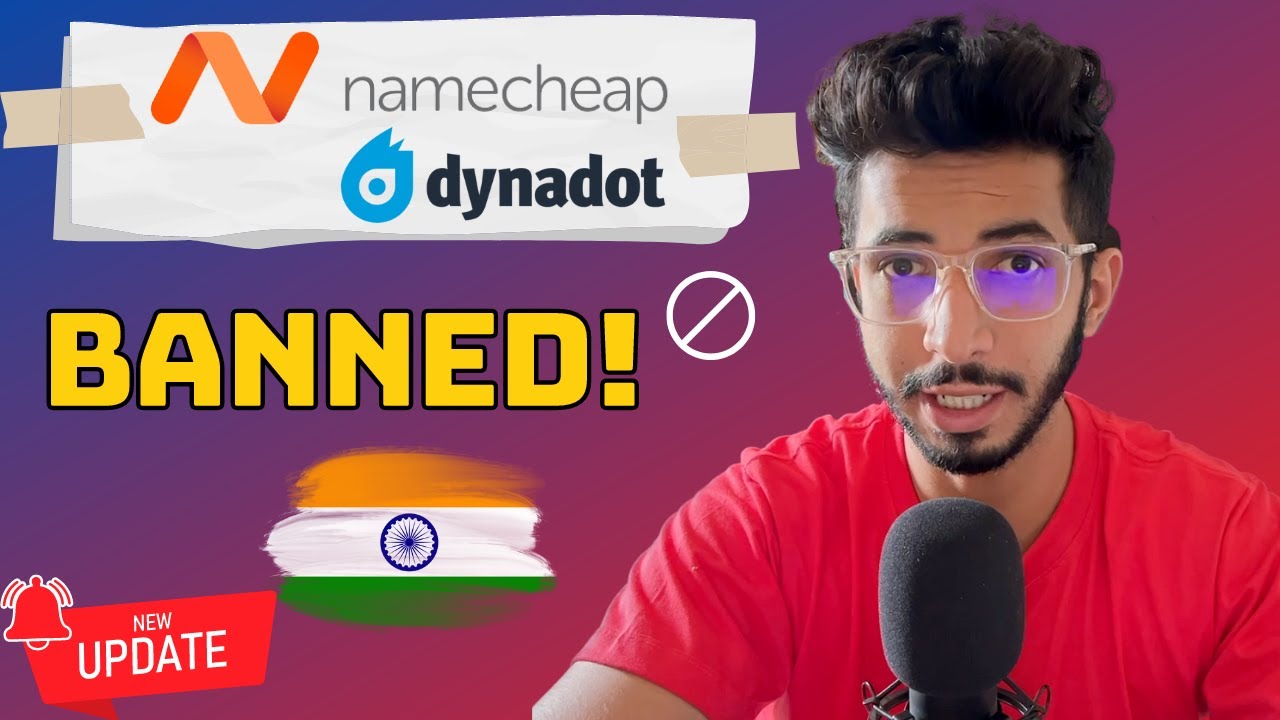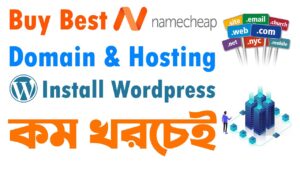
In a recent turn of events, Namecheap, a popular domain registrar, has been banned in India, leaving many website owners and online businesses in a state of uncertainty. This unexpected move has sparked concerns and raised questions about the future of domain registrations and web hosting services in the country. So, what does this mean for those who rely on Namecheap for their online presence? Let’s delve deeper into this major update and explore the implications of this ban.
First and foremost, it’s essential to understand the reasons behind the ban on Namecheap in India. While specific details are still emerging, it appears that the ban may be related to regulatory issues or compliance concerns. As a result, Indian users are currently unable to access the Namecheap website or make new domain registrations through the platform. This development has caught many off guard and has left website owners scrambling to find alternative solutions for their online needs.
For those who have existing domains registered through Namecheap, the situation may seem daunting. The prospect of losing control over your domain can be unsettling, especially if your website serves as a crucial aspect of your business or personal brand. However, it’s important to stay calm and assess the options available to mitigate any potential disruptions to your online presence.
One possible course of action for affected users is to transfer their domains to a different registrar that is not subject to the ban in India. This process involves moving your domain registration from Namecheap to another provider that is compliant with local regulations and can offer continued support for your online assets. While domain transfers can be complex and time-consuming, they are a viable solution to ensure that you retain ownership and control over your web address.
When considering a domain transfer, it’s crucial to choose a reputable registrar with a track record of reliability and customer satisfaction. Conduct thorough research to identify a provider that meets your specific needs and offers competitive pricing and features. Additionally, ensure that the new registrar complies with Indian regulations to avoid running into similar issues in the future.
Another option for affected users is to explore alternative domain registration services that are available in India. While Namecheap may be off-limits for the time being, there are numerous other registrars and web hosting providers that cater to the Indian market and offer a wide range of services to meet your online needs. By exploring these alternatives, you can find a solution that aligns with your requirements and preferences.
In the midst of this uncertainty, it’s crucial to stay informed and proactive in managing your online assets. Keep an eye on


